Child development stages: Ages 6-12 the mid years
You've probably read up on child development stages during your child's early years, but what about when they start growing up?
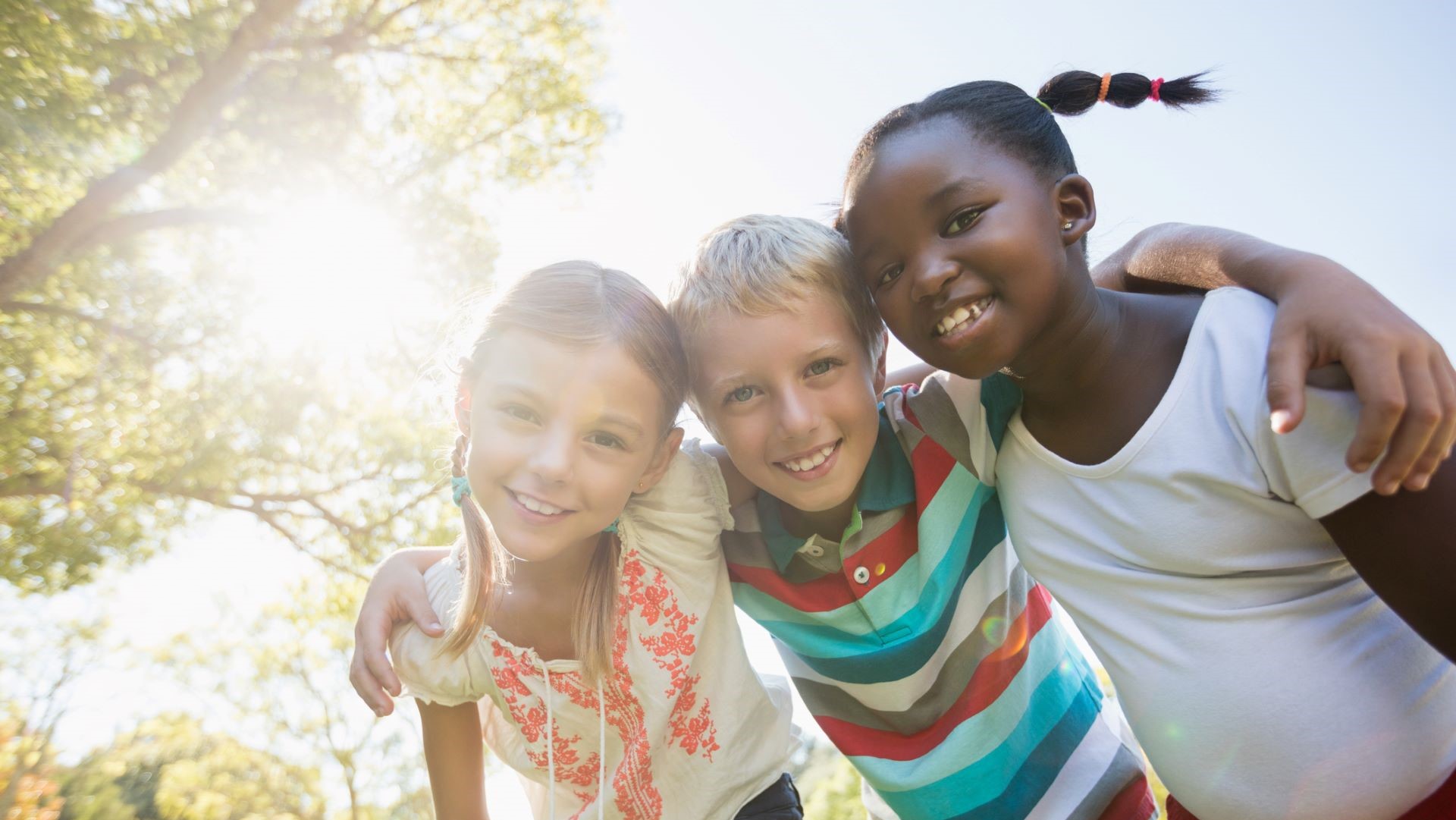
Ever wondered what's going on in the minds of kids aged 6 to 12? Trust us, when we say a lot - it really is a time of big changes.
From learning cool new things to making friends and dealing with new emotions (not to mention all those physical changes), these years are crucial. We'll break down how your child is growing and developing and how you can help them navigate their way through this exciting chapter in their lives.
Editor's note
All children develop at different stages and at their own individual pace, so this is just a general guide. Talk to your health visitor or GP if you're worried about your child's development.
Look back at our expert child development stages, including the first 24 hours with your baby and children aged 1-5. Plus, take a sneak peek at what's in store as your child hits the teenage years, from ages 13-16.
During these next few years, your child will learn new social skills, see their body grow and change in preparation for puberty and become more confident at communicating. "Kids begin to understand their own emotions, as well as others' emotions, during this period of development," says Dr Rachael Molitor, a behavioural psychologist and child development expert. "They also develop the ability to regulate their own feelings." Strap in for the ride with our guide to each aspect of your child's development from 6-12, including social, emotional, cognitive and physical development.
Child development stages: Ages six - 12
Child development stages: Ages six - eight
Between the ages of six to eight, you will notice that your child becomes noticeably more independent. At the same time, they like to know where they stand - and respond well to simple, clear guidelines that apply to everyone in the house.
"At this part of the Child development stages: Ages 6-12, fairness is a big issue for children," says Dr Claire Halsey, Consultant Clinical Psychologist. "Your child wants everything to be equal in the family, from the portion size of their pudding to taking their turn reading a bedtime story with dad. From a parent's point of view, it's impossible to be totally fair all the time; simply trying to be even-handed is worth aiming for."
Physical changes - By the age of eight, many children already have a few of their adult teeth. It's vital to get your child into the habit of brushing twice a day - and make sure that they are doing it properly.
GoodtoKnow Newsletter
Parenting advice, hot topics, best buys and family finance tips delivered straight to your inbox.
While the average age to start puberty is between 11 and 12, it's perfectly normal for girls to begin puberty as early as eight years old, according to the NHS. You may notice your daughter developing breasts and hips and they may even have their first period around this time.
Communication - Most children's speech is clear by the age of six, a big milestone in the child development stages: ages 6-12. And they will probably start asking you about the meanings of different words. Between the ages of seven and eight, their vocabulary will double - and they will often copy what you say. Expect to hear your child saying, 'My mummy/daddy says...' when talking to friends - and don't say anything in front of your child that you wouldn't want them to repeat!
Emotional development - Around the age of six you may find that your child starts to argue with you, which can be hurtful and upsetting. Try not to take any angry comments personally and remember that is a normal part of development. In fact, scientists have found that arguing helps children to resolve situations and disagreements. By the age of seven, your child may begin to show embarrassment. As a result, they may want more privacy when bathing and getting dressed and may sometimes be embarrassed by your behaviour, particularly in front of their friends.
Learning - At the age of six, children will be beginning to get to grips with numbers and might be able to do some addition and subtraction, and even basic multiplication, by the time they are seven. Most children are confident readers by the age of seven and by the age of eight, most children's handwriting improves to the point that they may start to learn joined-up writing, and may begin writing with ink pens at school.
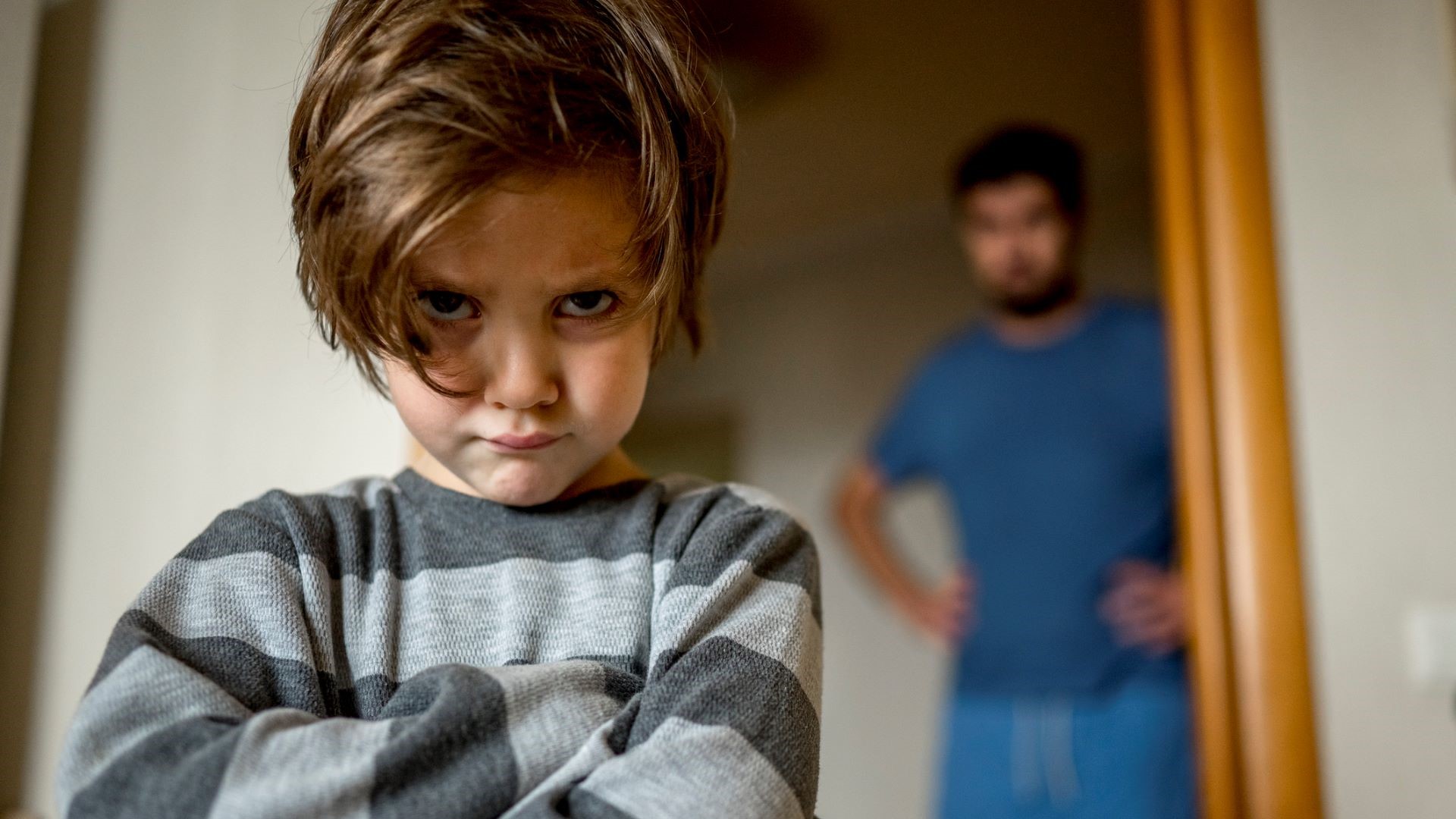
Social skills - "Friendships become a vital part of your child’s emotional and social development at this stage," says Dr Rachael Molitor, child development expert, lecturer, and Chartered Psychologist focusing on Health and Behaviour Change. "Friendship is a critical part of their life that helps them to develop confidence and become an individual. It also helps them develop their own interests, thinking, and decision making."
According to the British Psychological Society, middle childhood is when most children prefer to play with children of the same sex and even discourage friends from playing with children of the opposite sex.
Girls are more likely to form small friendship groups with one or two best friends, while boys prefer to be part of a large group. However, you may still find that your son prefers one to two friends above all others.
At this age, and for a few years yet, it's normal for children to fall out with their friends, usually over something trivial. In most cases, they'll make up quickly, but your child may be sensitive to criticism and rejection as it's important to feel like they belong.
Challenges - At the age of seven, your child may have their first school test as part of the National Curriculum. This makes some children very anxious, so make it clear that you only expect them to do their best, and don't put them under pressure to be top of the class.
Independence - You may notice your child asking for more independence from you as they get older. They may want to play outside with their friends or even walk to school by themselves, or they may just want to have more jobs to do around the house. As much as you may want to keep an eye on them, research shows that independent play can improve your child's mental health, self-confidence, and resilience. It can also lower their risk of mental health disorders, such as depression and anxiety, in the future.
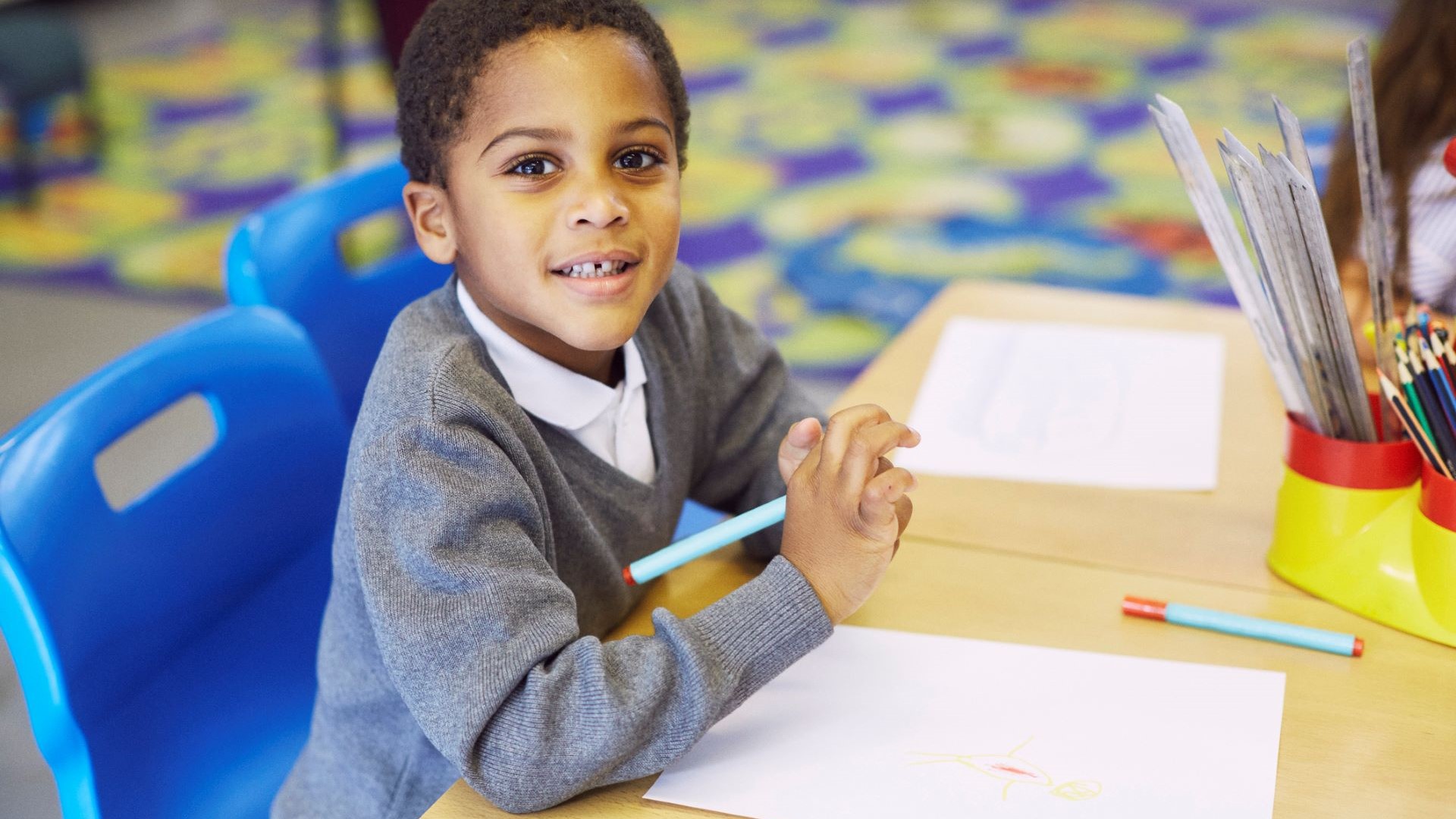
How to help - Most parents struggle with the idea of letting a child of this age do things without supervision, but bear in mind that your child will probably be desperate for a taste of freedom. Depending on your child's maturity and the area where you live, consider letting your child run an errand to a local shop or walk to a neighbouring friend's house by themselves as this will help to boost their confidence and satisfy their urge to feel more grown up.
"Parents can support their children going through physical, psychological and social changes by providing an open and non-judgemental communication channel," says Dr Rachael Molito.
"Lots of positive reinforcement, acknowledging achievements and encouraging independence whilst gradually giving your child more responsibility will help them make decisions and learn from their experiences."
Child development stages: Ages nine to 12
Many parents are unprepared for the changes their child will face between the ages of nine to 12. So don't be surprised if children as young as eight become curious about their bodies or even begin puberty. Most children will change schools at the age of 11 or 12, which can be a scary experience as they leave their comfort zone and start to mix with other pupils who are much older - and bigger - than they are.
"Most children will begin the process of puberty between the ages of nine and 12," says Suzie Hayman, author of Teach Yourself Parenting Teenagers.
"Whether they come to you with questions or not, all children of this age are curious about their changing bodies and sex. So make a point of starting a discussion with them. If you find that embarrassing, then pick up some leaflets or a book about puberty and leave it lying around instead."
Physical changes - It's normal for girls to start having periods as early as eight, although most girls will typically start at around the age of 11. On average, periods start roughly two years after the breasts start developing. Girls also start going through a growth spurt from around the age of 10. They typically grow another 7 cm or so in height after their period starts.
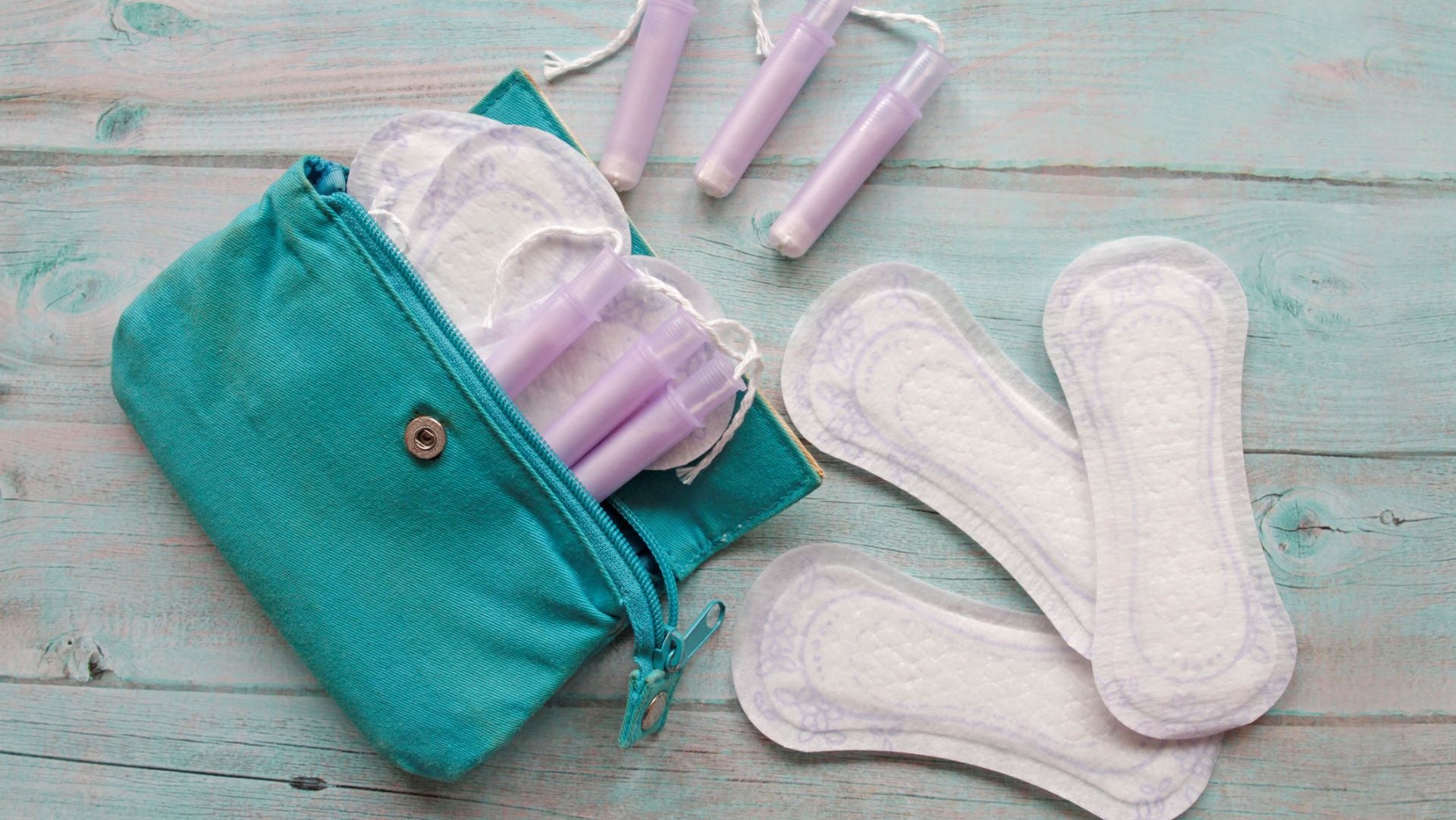
Boys often start puberty slightly later - around the age of 11 - but it can happen as late as 14. However, boys can experience wet dreams in the run-up to puberty, so it's wise to explain that this might happen in case your son worries that he has wet the bed.
The first sign of puberty in boys is the enlargement of the testes, followed by growth of the penis. Pubic hair appears soon after. Boys usually have their growth spurt between the ages of 12 and 14, when they grow at a rate of around 4 to 6cm per year. For this reason, it may take them a while to catch up with girls of the same age.
Communication - Children become more confident during the child development stages: Ages 6-12, but more specifically aged nine and over are much more confident speakers, and may begin swearing or using slang in order to fit in with their friends. It's best not to overreact to this, as they will often continue to do it just to wind you up!
By 12, your child will probably be able to read adult books and magazines. You may also notice that your previously chatty child becomes very quiet around you. This is normal, so don't criticise or tease your child about their behaviour and try to talk to them about things they are interested in - clothes, sports or TV - as this might be a good way to get conversation flowing.
Emotional development - "During this phase, children experience heightened emotional and psychological sensitivity and self-awareness," says Dr Rachael Molitor. In other words, they have a more thorough grasp of their own preferences, priorities, and ideals - all of which are hugely important to their own sense of identity. You'll probably notice them expressing preferences in the music they listen to, the clothes they want to wear, and the friendships they make as they get older.
During this period, or even earlier, children may start talking about having 'crushes'. These aren't necessarily romantic or sexual, so you're just as likely to see same-sex crushes as opposite-sex crushes. However, you may notice them talking about their peers having a boyfriend or a girlfriend, as it's one way that kids like to impress their friends.
Katie, mum of two, remembers the first time her daughter came home talking about a 'secret crush'. "She came home from school one day and told me she had a secret crush on one of her classmates! It was completely innocent fun of course but she had never talked about relationships with her friends like this before. For me, I felt suddenly that my little girl was growing up in front of my eyes and that she had her own private emotions not influenced by me anymore. What she really meant was that she liked playing games with him best in the playground at break time! But I won't forget that moment in time in a hurry."
As they get into their early teens, they may start to be more attracted to other people, according to the NSPCC. Alongside this, they're more likely to talk to friends about sex or look for information about it online, rather than ask you. They may also have their first experience of masturbation from around 9 years old.

Learning - By the age of 10, your child is likely to have regular homework and may also be busy with school projects. These teach your child how to work independently and improve their problem-solving abilities, so although you can offer support and suggestions, it's best not to offer too much help.
"Cognitive thinking by this age can become more abstract in problem-solving and complex critical and logistic reasoning," says Dr Rachael.
The result of this developmental leap is that your child will get better at critical thinking, in ALL aspects of life. For example, they start questioning the rules more ("why do I have to be home by 8pm?") and doubting what grownups tell them if it doesn't seem logical enough.
Their reasoning skills become sharper too. They can look at a problem from different angles and put evidence together to come up with a well-thought-out solution. If their bike breaks, they'll examine different parts carefully instead of getting upset right away.
Kids this age also reflect more on their own thinking. For instance, they may double-check their homework not just for right answers, but to see if they understand the concepts. And they understand connections better - like how getting poor results at school could be related to not studying enough.
If they are following the National Curriculum, children will also have the second set of statutory tests at the age of 11. Encourage them to set aside time for study and praise their efforts no matter what their results.

Social skills - Parents often find it difficult to cope with the way that most 11 or 12 year olds prefer to spend time with their friends rather than their family. Bear in mind that at this age it's very important to fit in, and most children would rather not spend time doing anything that their friends would consider 'uncool.' Try to respect your child's friendships by allowing them to invite a friend along to family gatherings.
Challenges - Many children start to clash with parents during the teen years of the child development stages: Ages 6-12, and this can be hard for parents to accept. Bear in mind that this is simply your child's way of expressing their independence and individuality and try not to take it personally.
How to help - Resist the temptation to nag or lecture your child, as this will almost certainly cause an argument. Sometimes you will need to give them more freedom, but remember that in some cases it is best for everyone if you stand your ground.
Discover more ways to support your child's well-being and emotional development, from NY resolutions for calmer parenting in 2024 and how to start a conversation about mental health with your kids, to talking about puberty.
Featured experts

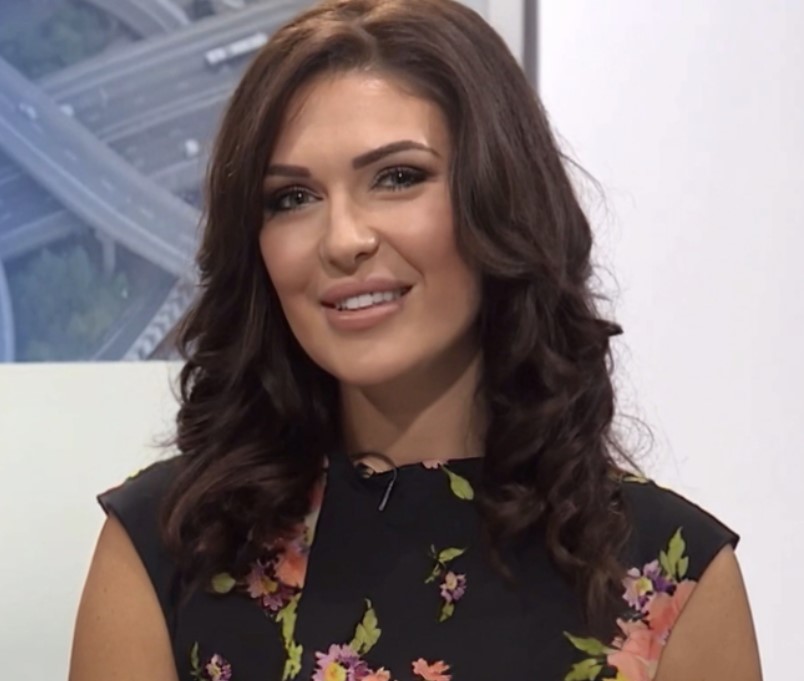
Dr Rachael Molitor is a Behavioural Psychologist and a registered Chartered member (CPsychol) of the British Psychological Society (BPS). She specialises in behaviour change, with a PhD in emotionality and its relationship with feeding and eating behaviours in parents and children.
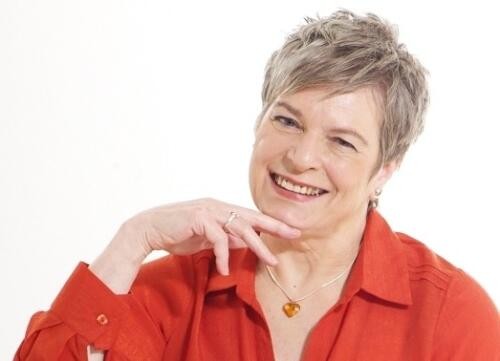
Suzie Hayman trained as a counsellor with Relate and volunteered with them for 5 years, is an accredited TripleP (Positive Parenting Programme) parenting educator, a broadcaster and author of thirty books.
Joanne Lewsley is mum to a tween, and freelance copywriter and editor who creates parenting, health and lifestyle content for evidence-based websites, including BabyCentre, Live Science, Medical News Today and more.
-
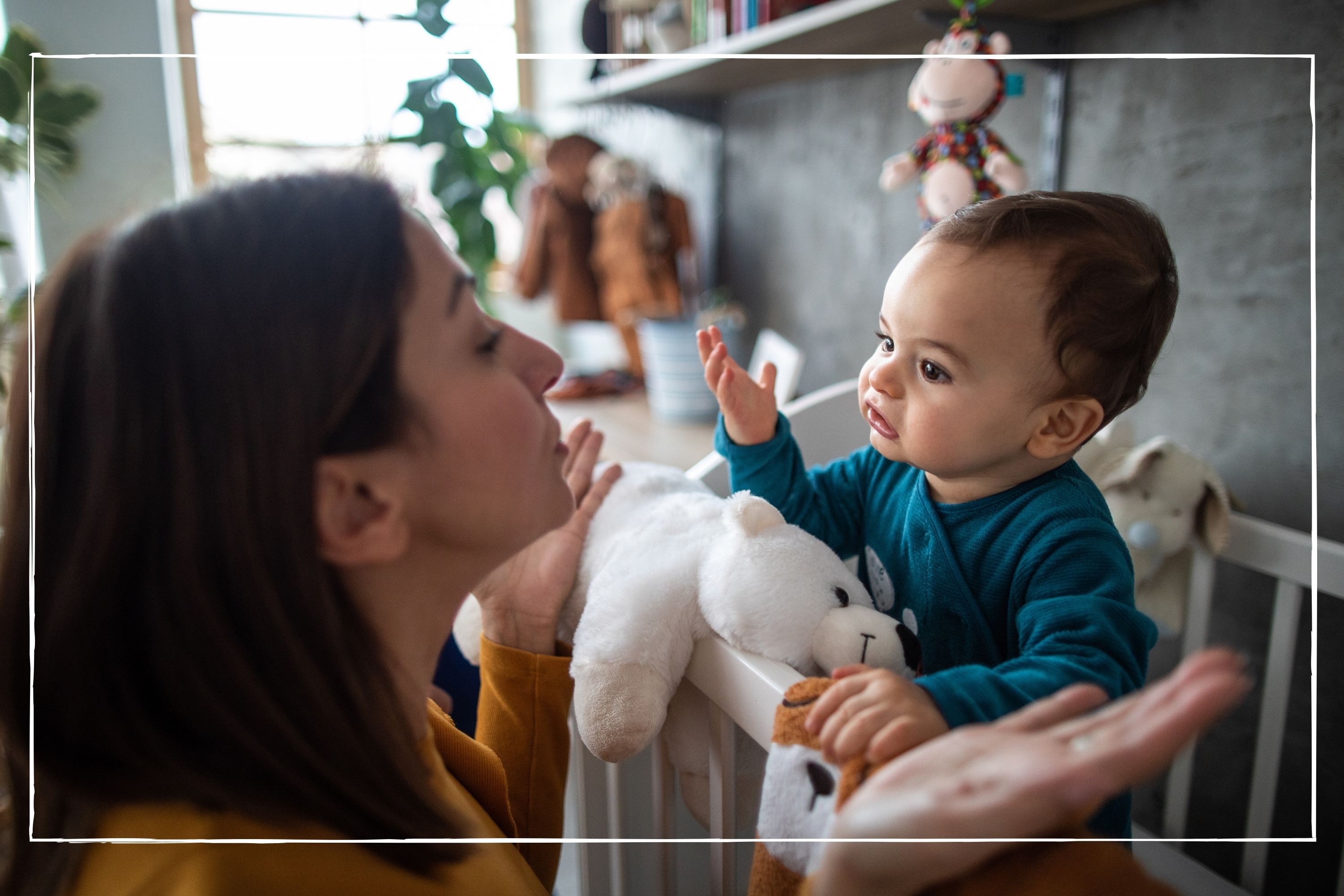 Baby development milestones: Find out when babies crawl, smile and more
Baby development milestones: Find out when babies crawl, smile and moreWhen do babies crawl? When do babies talk? Baby developmental stages and milestones come thick and fast in their first two years...
-
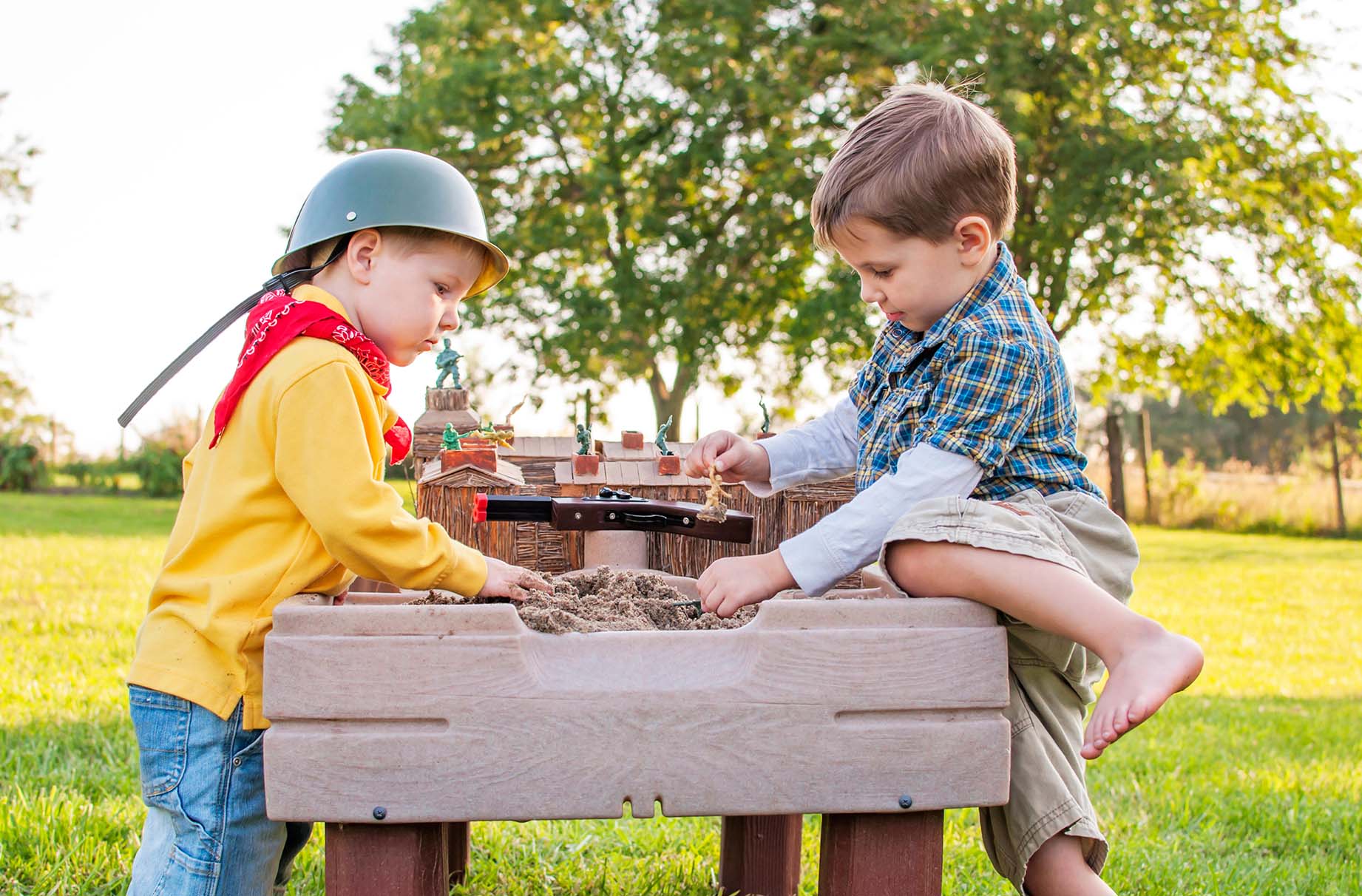 Child development stages: Ages 1-5 the early years
Child development stages: Ages 1-5 the early yearsChild development stages: Ages 1-5 is a tricky time, here we look at everything from walking and talking to starting school...
-
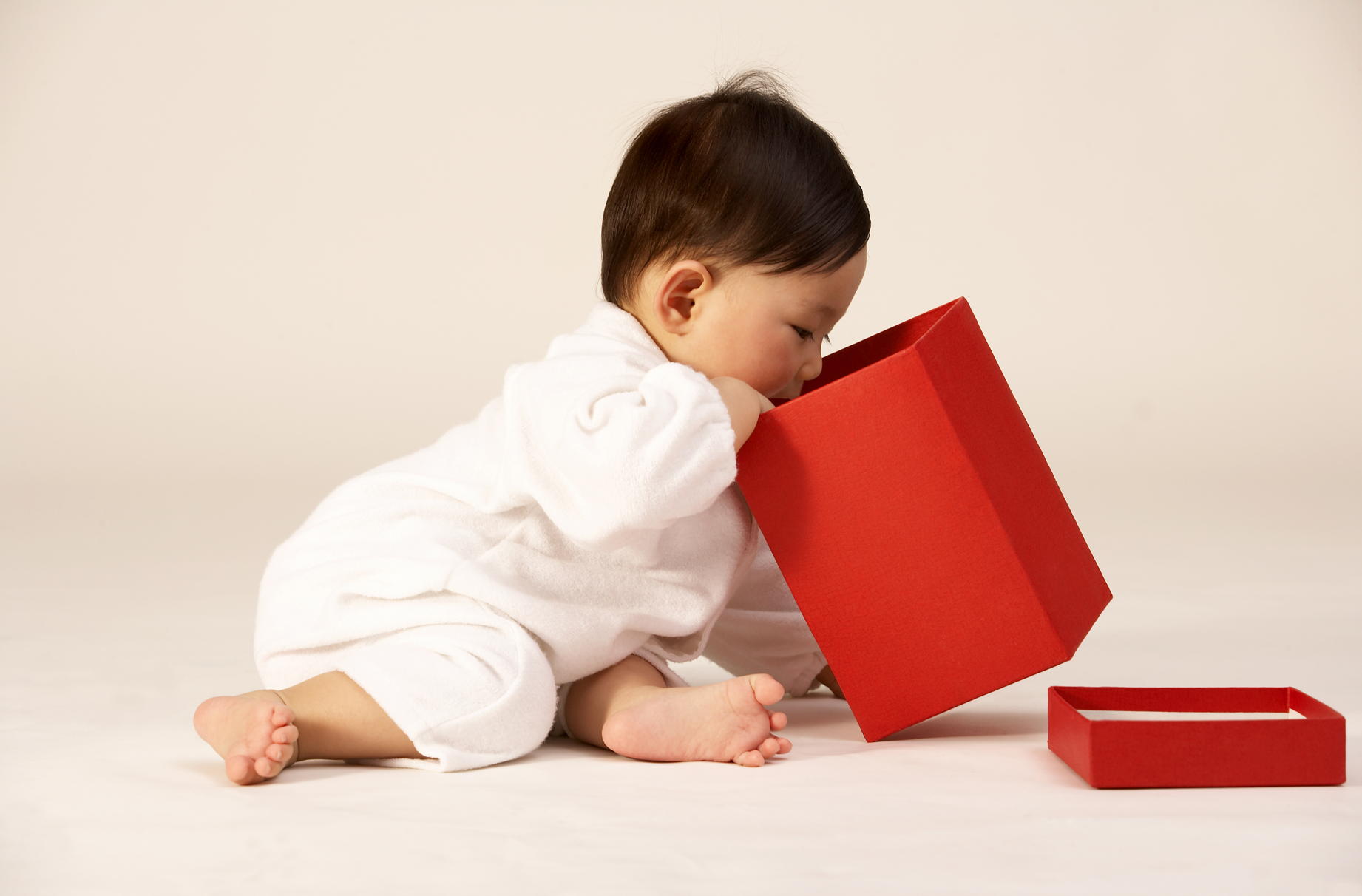 Does your baby love putting things in boxes and tipping them out? Here's why it's a good sign
Does your baby love putting things in boxes and tipping them out? Here's why it's a good sign -
 Child development stages: Ages 13-16 the late years
Child development stages: Ages 13-16 the late yearsNeed help navigating the tricky teenage years? These childhood development stages for children aged 13-16 will help
-
 Child development stages: Ages 0-16 years from baby to teenager
Child development stages: Ages 0-16 years from baby to teenagerChild development stages are a must-read guide for any parent
-
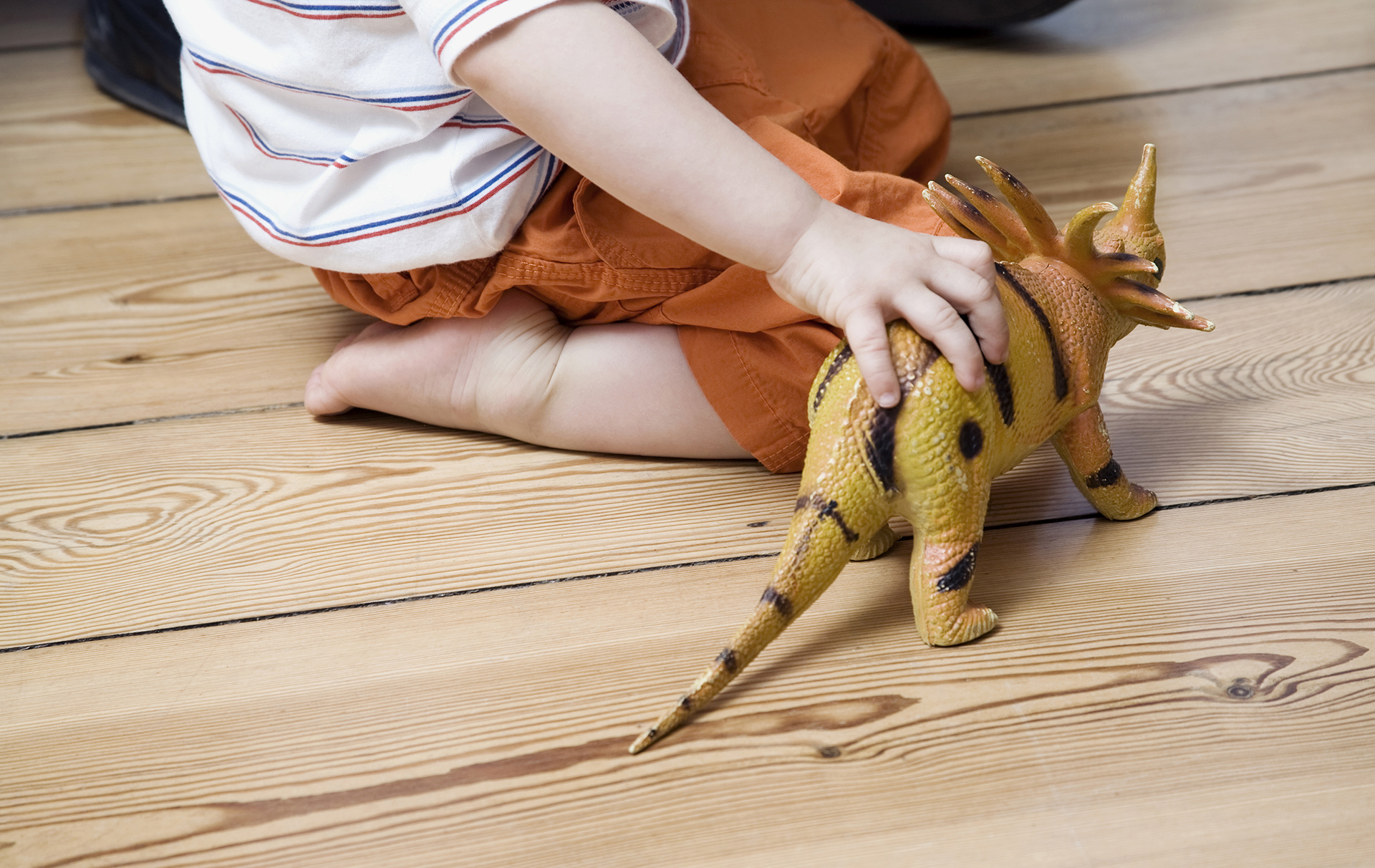 Scientists say your child’s obsession with dinosaurs is a good sign
Scientists say your child’s obsession with dinosaurs is a good sign -
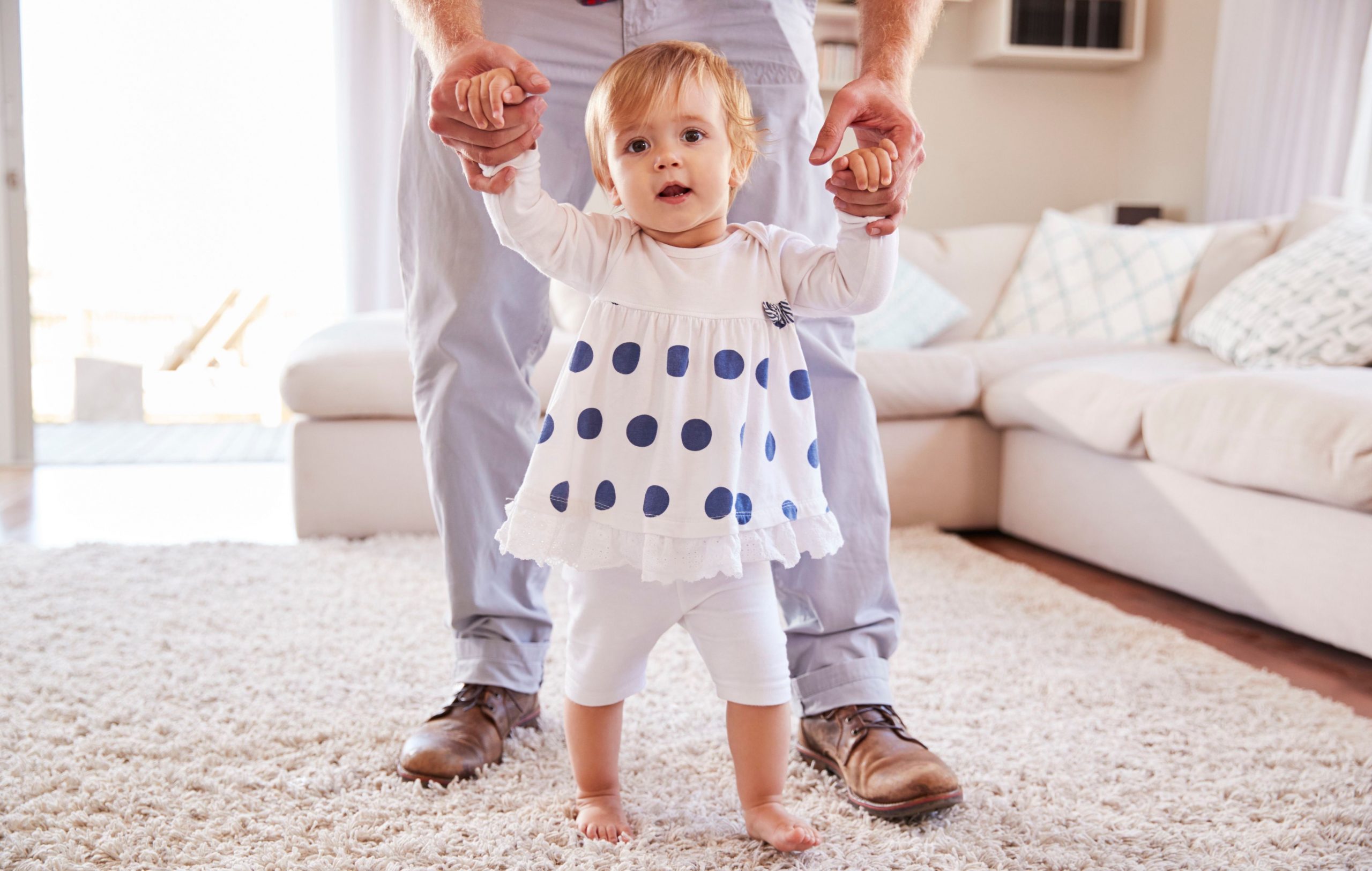 Baby development: Baby milestones for your child's first year
Baby development: Baby milestones for your child's first yearWhat to expect from your child and when
-
 Puberty in girls and boys: How to help your kids deal with puberty
Puberty in girls and boys: How to help your kids deal with pubertyFind out how to help your child when they hit puberty...

